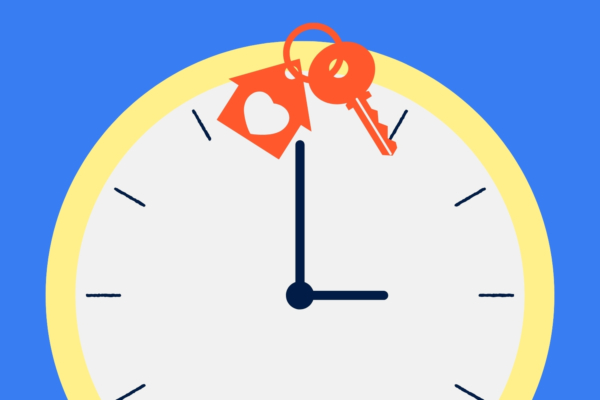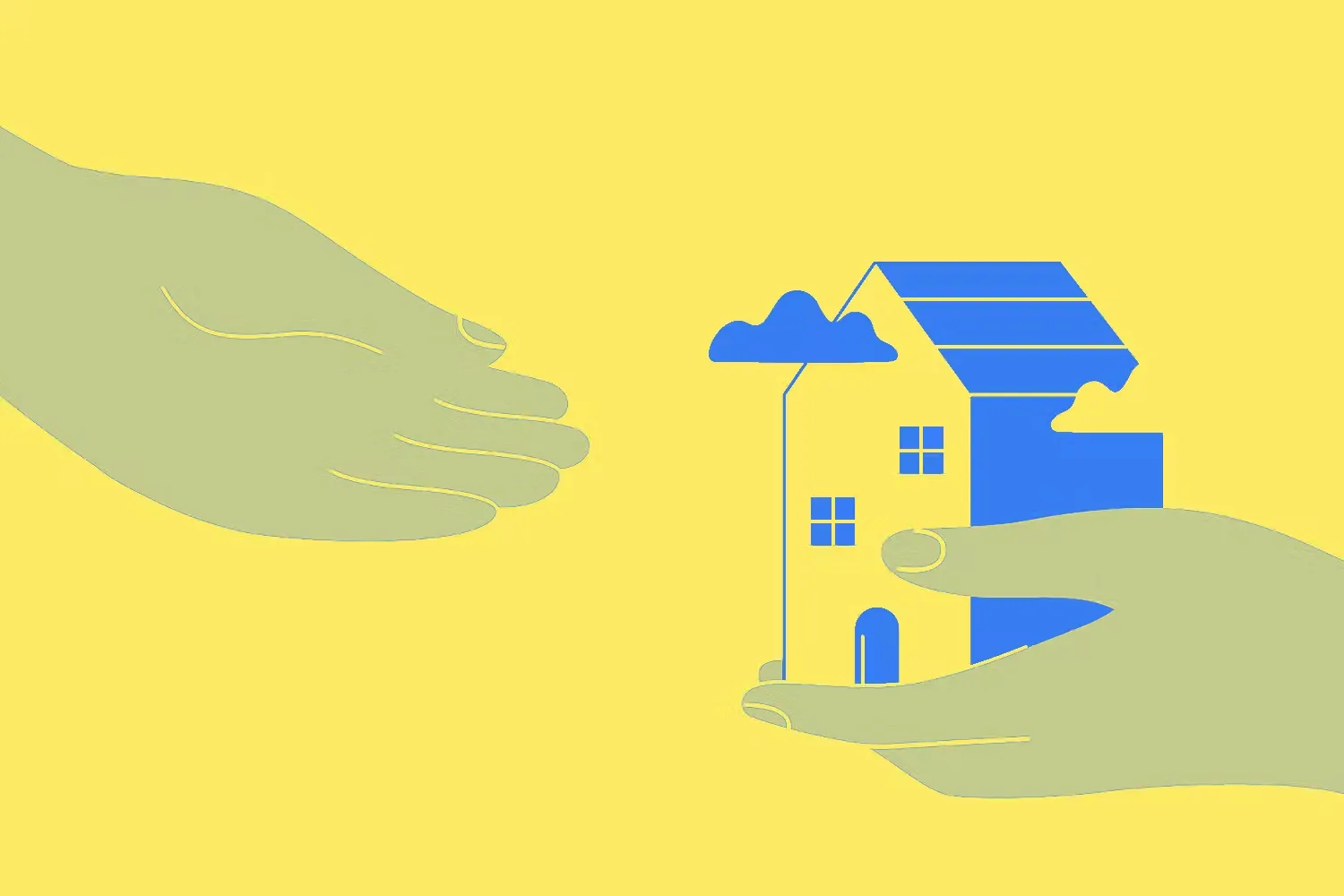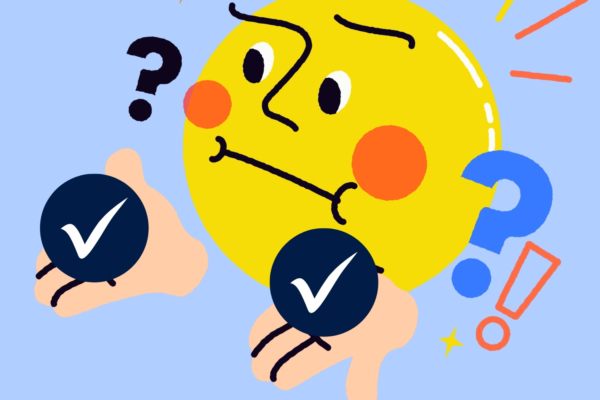
What is an Assumable Mortgage, and Why Would You Need One?

In the market for a new home? You may have heard about assumable mortgages! An assumable mortgage is a type of loan that allows the borrower to transfer ownership of a home mortgage from one person to another.
It’s an attractive option for buyers who want to save money on closing costs or get better interest rates than those currently available on the market. For sellers, an assumable mortgage can help attract buyers in a slow market.
Let’s take a look at how assumable mortgages work and why they can be beneficial for your home buying journey
FHA or Conventional?
Our local, award-winning lending team is ready to help you begin today.
What is an assumable mortgage?
An assumable mortgage is a type of loan where the original borrower transfers ownership of the loan to a new borrower. This means that the new borrower takes over responsibility for paying back the loan at whatever terms were originally agreed upon by the original borrower and lender. The new borrower does not need to make any changes or modifications to the existing loan, so long as they meet certain criteria set forth by the lender.
Assumable Mortgage Example
To better understand how an assumable mortgage works let’s look at an example.
Let’s say Bob has a 30-year fixed rate mortgage with an interest rate of 3%. His monthly payment is $1,000 per month, and he has 25 years left on his loan term for a total loan balance of $300,000.
Bob decides to sell his house for $380,000, but he finds out that current interest rates are 6%. He decides to offer his house with an assumable mortgage because it will help him attract more buyers since they won’t have to worry about getting financing or paying high interest rates.
A potential buyer, Jane, agrees and takes over responsibility for Bob’s existing loan at 3%, meaning she will pay $1,000 per month until she pays off her home 25 years from now. As a down payment, Jane pays Bob the difference between the asking price and the loan amount, which, in this case, is $80,000.
By assuming Bob’s mortgage instead of taking out her own, Jane saves thousands of dollars in closing costs. Plus, she gets a much better interest rate than what is currently available on the market, saving her even more over the life of the loan.
Are all loans assumable?
Not all loans are assumable. Conventional loans typically aren’t assumable because they contain a due-on-sale clause, which stipulates that a borrower must pay back the loan in full when it is sold.
Most government-back loans, however, are assumable. This means that FHA, VA, and USDA loans can typically be assumed, provided that the new borrower meets program and lender requirements.
Each government-backed loan has its own rules and stipulations. For example, in order for someone else to take on responsibility for an FHA loan, they must meet certain criteria, including:
- A good credit history (typically a credit score of 600 or above)
- A debt-to-income ratio of 43% or less
- Monthly mortgage payments not exceeding 31% of your pre-tax income
Because of this, buyers who plan on assuming a mortgage should prepare as if they were applying for their own loan. This means making sure your credit is in good standing and that you don’t have too much outstanding debt.
Pros and Cons of an Assuming a Mortgage
Whether or not an assumable mortgage is the right move for you depends on your buying situation. Here are a few advantages and disadvantages to consider.
The Pros of an Assumable Mortgage for Buyers
For potential buyers, one of the biggest advantages of getting an assumable mortgage is that you won’t have to go through the hoops of applying for a traditional loan. While buyers still must get approval to assume the loan, certain steps— like a home appraisal— are bypassed.
The most lucrative benefit for most, however, is a lower interest rate. If interest rates have gone up since the seller got their original loan, the old rate can save you thousands of dollars over the life of the loan. Any assumed FHA loans must remain under its original terms and conditions— meaning no additional fees or charges may be added on top— unless specifically approved by HUD beforehand.
Another major advantage of getting an assumable mortgage as a buyer is that closing costs are eliminated. Since you are not applying for a new loan, there won’t be any additional fees or closing costs associated with it. This means that you can save money on your purchase and potentially get into your new home sooner than expected.
The Pros of an Assumable Mortgage for Sellers
Assumable mortgages can be a major advantage for sellers as well. Offering an assumable mortgage can be a great way to negotiate a higher sales price. If the buyer is saving big over the life of the loan, they may be willing to pay a little more upfront.
The Downsides of an Assumable Mortgage for Buyers
There are some potential drawbacks associated with assumable mortgages as well.
The biggest disadvantage to an assumable mortgage is that you may have to have a large sum of cash on hand to cover the difference between the selling price and the mortgage.
For instance, if a seller was selling their home for $400,000 with an assumable mortgage that only had a balance of $100,000, the buyer would need to come up with the $300,000 to put down. This may require a second loan, which negates many of the benefits of an assumable mortgage.
It’s also important to realize that lenders may not allow this type of transaction. Both parties should always check beforehand to see if this option is available in their particular situation before entering into any kind of agreement related to an assumable mortgage transaction.
Should I assume a mortgage?
If interest rates are on the rise, an assumable mortgage can be a great way to save money on your home. If you’re on the hunt for a new home and you find a home with an assumable mortgage on the table, it’s an option worth exploring.
Ready to get prequalified?
Apply today and start your journey toward your new home.


